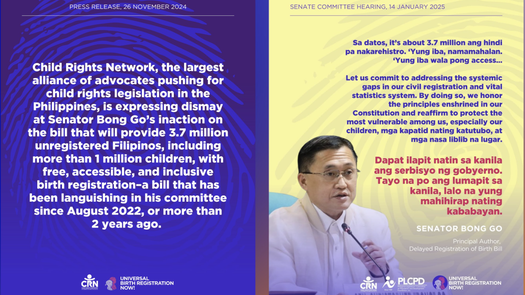July 29, 2025
Many don’t immediately associate negative health outcomes with child marriage. They instead think of all the other horrible consequences that flow from forcing a child into early marriage: the inability to reach one’s full potential, the abrupt end to one’s childhood, the probability of never completing or pursuing an education, and extreme poverty.
But perhaps above all else, child marriage, which almost exclusively impacts girls, has dire consequences on the health of the betrothed child. Child marriage leads to child sex, child sex leads to child pregnancy, and child pregnancy leads to a ream of negative health consequences, including maternal and fetal mortality. In fact, complications linked to pregnancy and childbirth are among the leading causes of death for girls between the ages of 15 and 19.
Moreover, girls who are married before the age of 18, the age at which individuals are capable of providing genuine consent, are 50% more likely to suffer from intimate partner violence, 23% more likely to experience cancer, heart disease, diabetes, and stroke, and at a heightened risk of becoming infected with HIV and other sexually transmitted infections. Child brides are also at an increased risk of developing serious psychiatric disorders, such as antisocial personality disorder, major depression, and specific phobias, disorders which often push them into nicotine, drug and alcohol dependence.
In short, child marriage represents a major global health crisis.
Yet, there is an easy and somewhat mundane solution to this shockingly widespread problem, which impacts one in three girls under the age of 18. Children, defined as those under eighteen, should be prohibited by law from marrying and this prohibition can be enforced through a country’s marriage registration law.
As part of the Global Health Advocacy Incubator’s participation in the Bloomberg Philanthropies’ Data for Health Initiative, we are focused on improving marriage registration laws in low and middle income countries around the globe. To date, we’ve worked in nearly 20 countries, from Vietnam to Cameroon, as part of this Initiative. While our work is largely focused on strengthening birth and death registration systems, there is a growing awareness of the critical linkage between birth registration and child marriage. Indeed, when the birth registration system is connected to the marriage registration system, many child marriages are identified and prevented. As simple as it sounds, having a reliable way of confirming one’s age is one of the easiest and best ways to end child marriage.



